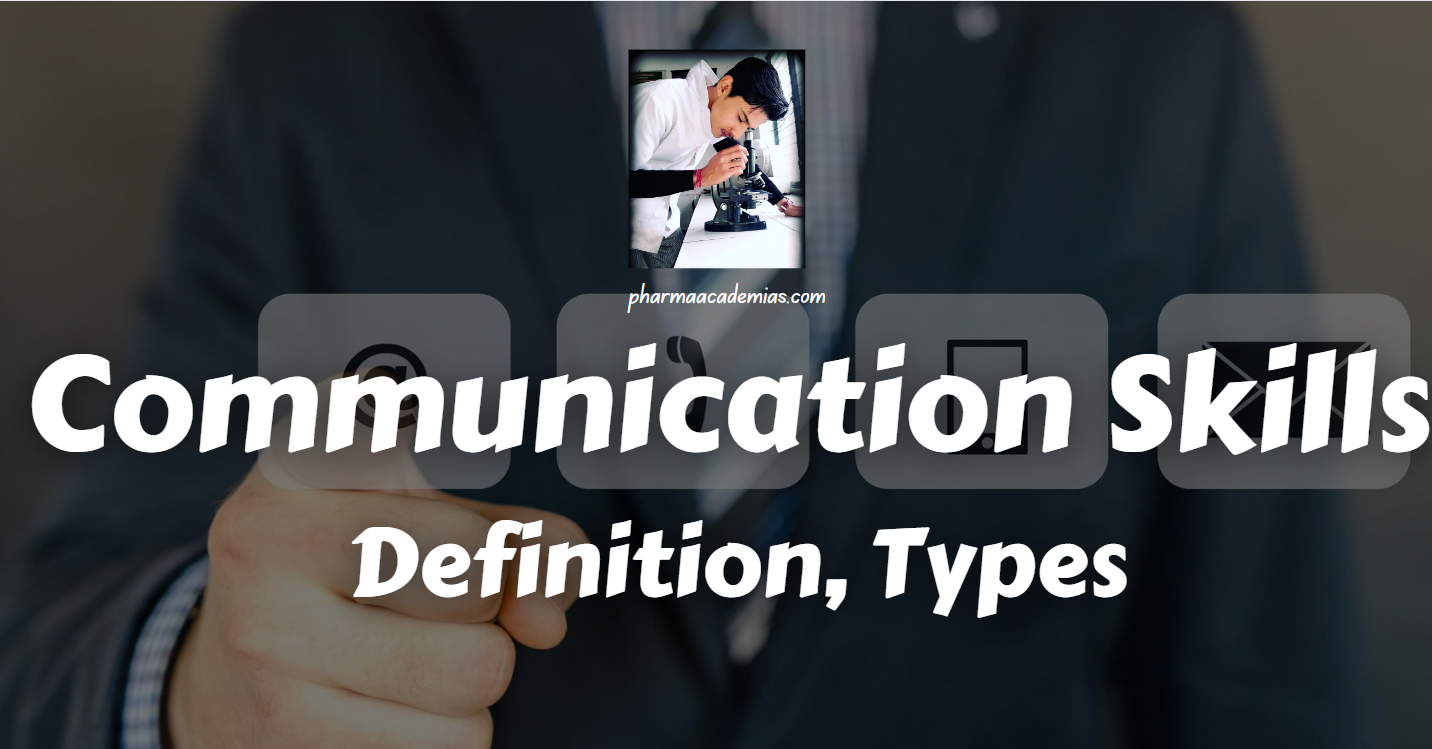Communication skills encompass a set of abilities that enable individuals to convey and receive information effectively, fostering understanding and mutual exchange of ideas. These skills are pivotal in personal, professional, and societal contexts, influencing relationships, teamwork, and overall success.
Types of Communication Skills
1. Verbal Communication:
Oral Communication: The act of expressing ideas and information through spoken words. This includes clarity, enunciation, and effective use of language.
Written Communication: The ability to articulate thoughts and convey information through written forms, such as emails, reports, and documentation.
2. Non-Verbal Communication
Body Language: The use of gestures, facial expressions, posture, and body movements to convey messages and emotions.
Eye Contact: Establishing and maintaining appropriate eye contact, a crucial non-verbal cue for engagement and sincerity.
Proxemics: Understanding and using personal space to communicate effectively, recognizing cultural variations.
3. Listening Skills:
Active Listening: The skill of fully concentrating, comprehending, and responding to spoken messages. It involves paraphrasing, asking clarifying questions, and providing feedback.
4. Interpersonal Skills:
Relationship Building: Nurturing and maintaining positive relationships through effective communication, empathy, and rapport-building.
Conflict Resolution: The ability to address and resolve conflicts constructively, considering multiple perspectives and finding mutually agreeable solutions.
5. Presentation Skills:
Clarity and Structure: The capacity to organize and present information coherently, ensuring a clear and engaging delivery.
Visual Aids: Effectively utilizing visual tools to enhance understanding during presentations.
6. Emotional Intelligence:
Self-Awareness: Understanding and managing one’s own emotions to communicate authentically.
Empathy: Recognizing and understanding others’ emotions, contributing to better interpersonal connections.
7. Negotiation Skills:
Effective Communication in Negotiations: The ability to articulate interests, actively listen, and find mutually beneficial outcomes during negotiations.
8. Cross-Cultural Communication:
Cultural Sensitivity: Adapting communication styles to different cultural contexts, considering nuances, and avoiding misunderstandings.
9. Conflict Resolution:
Communication Strategies: Applying effective communication techniques to de-escalate conflicts and reach resolutions that satisfy all parties involved.
10. Feedback Skills:
Constructive Feedback: Providing feedback positively and constructively, focusing on specific behaviors, and fostering a growth-oriented environment.
Receptive to Feedback: Being open to receiving, processing, and using feedback for personal and professional development.
Developing and honing communication skills is an ongoing process that significantly contributes to individual and collective success. A comprehensive mastery of these skills enhances collaboration, minimizes misunderstandings, and cultivates positive and productive interactions across diverse settings.


 Pharmacy Students & Aspirants
Pharmacy Students & Aspirants